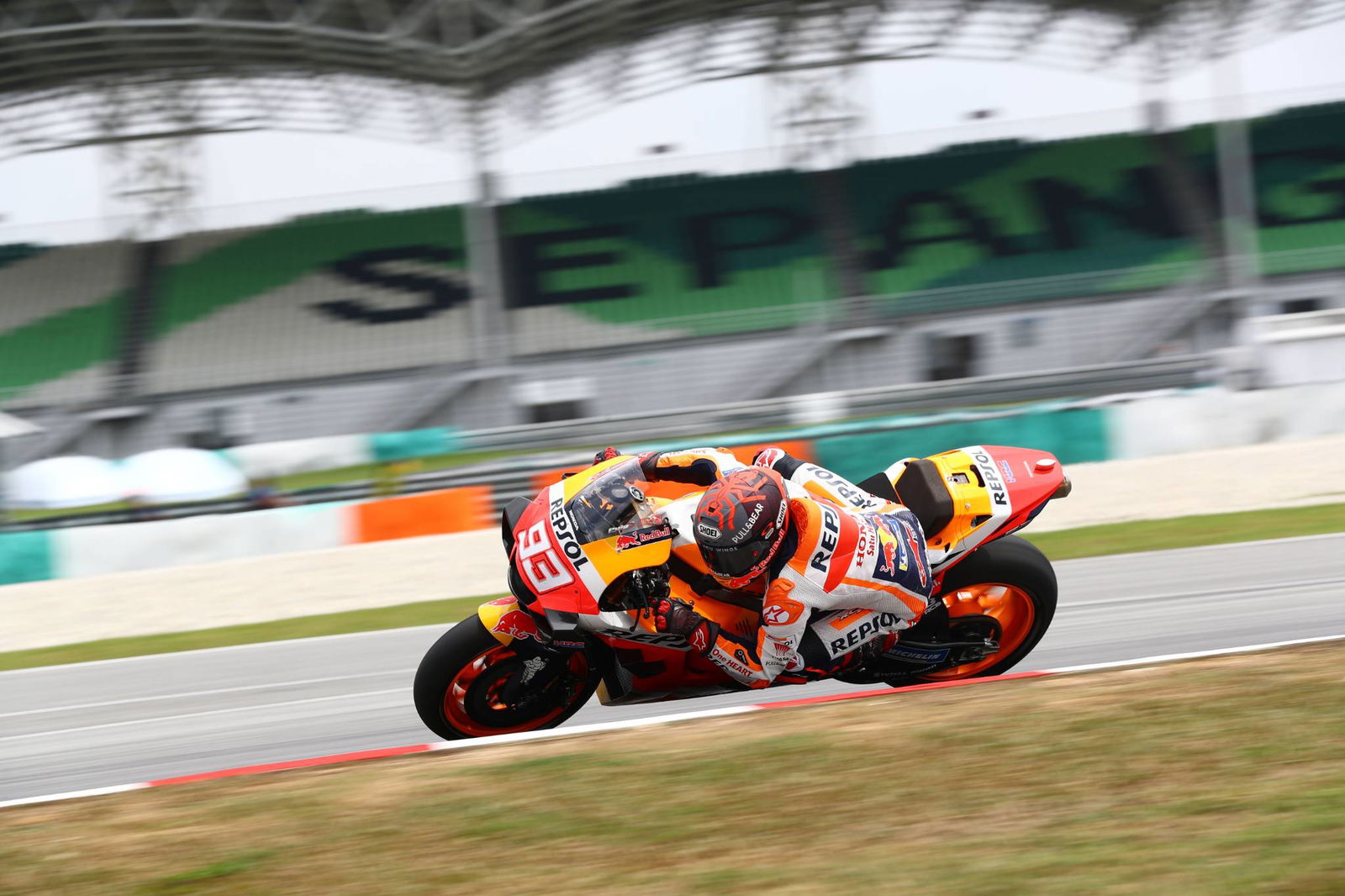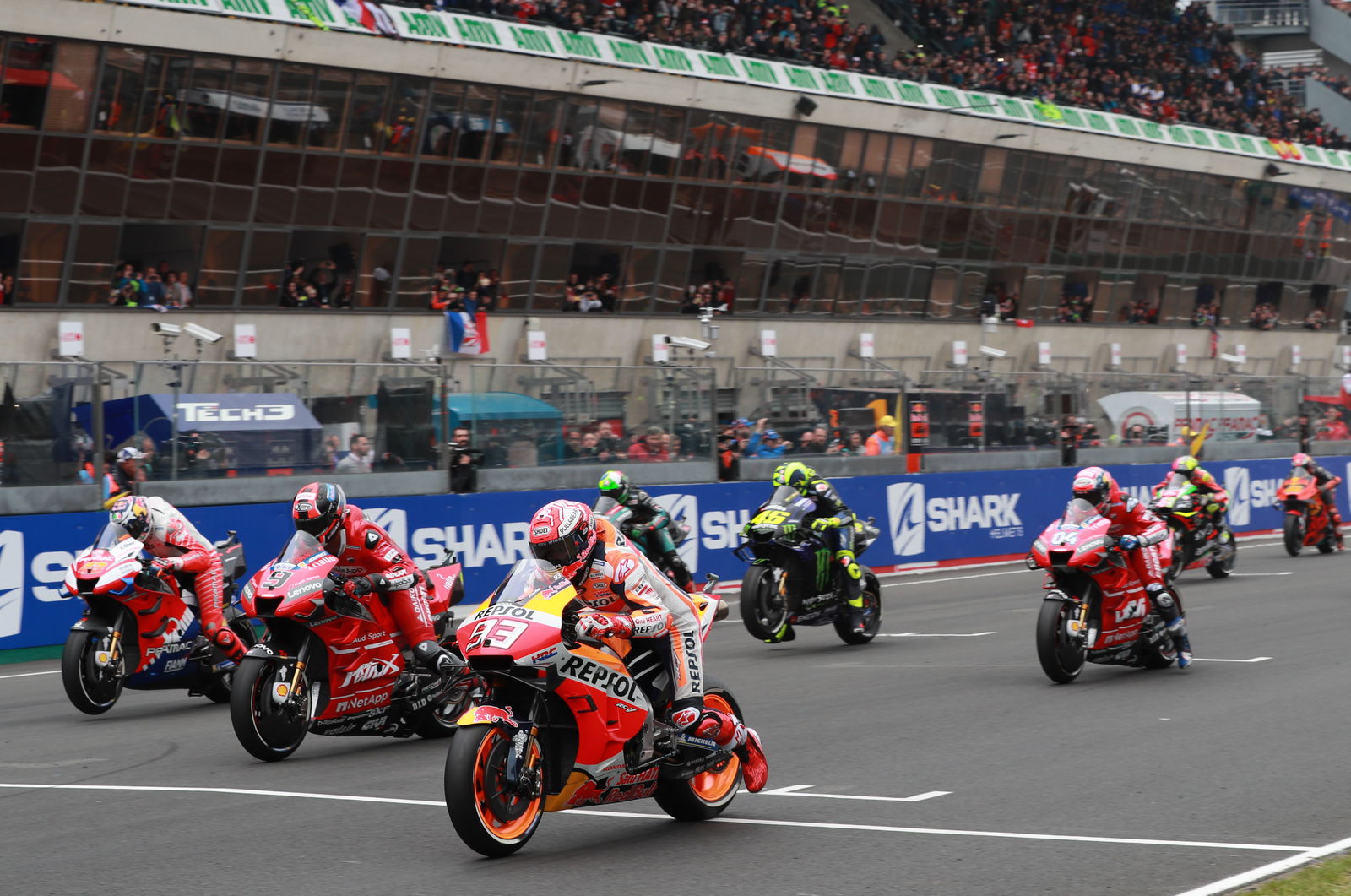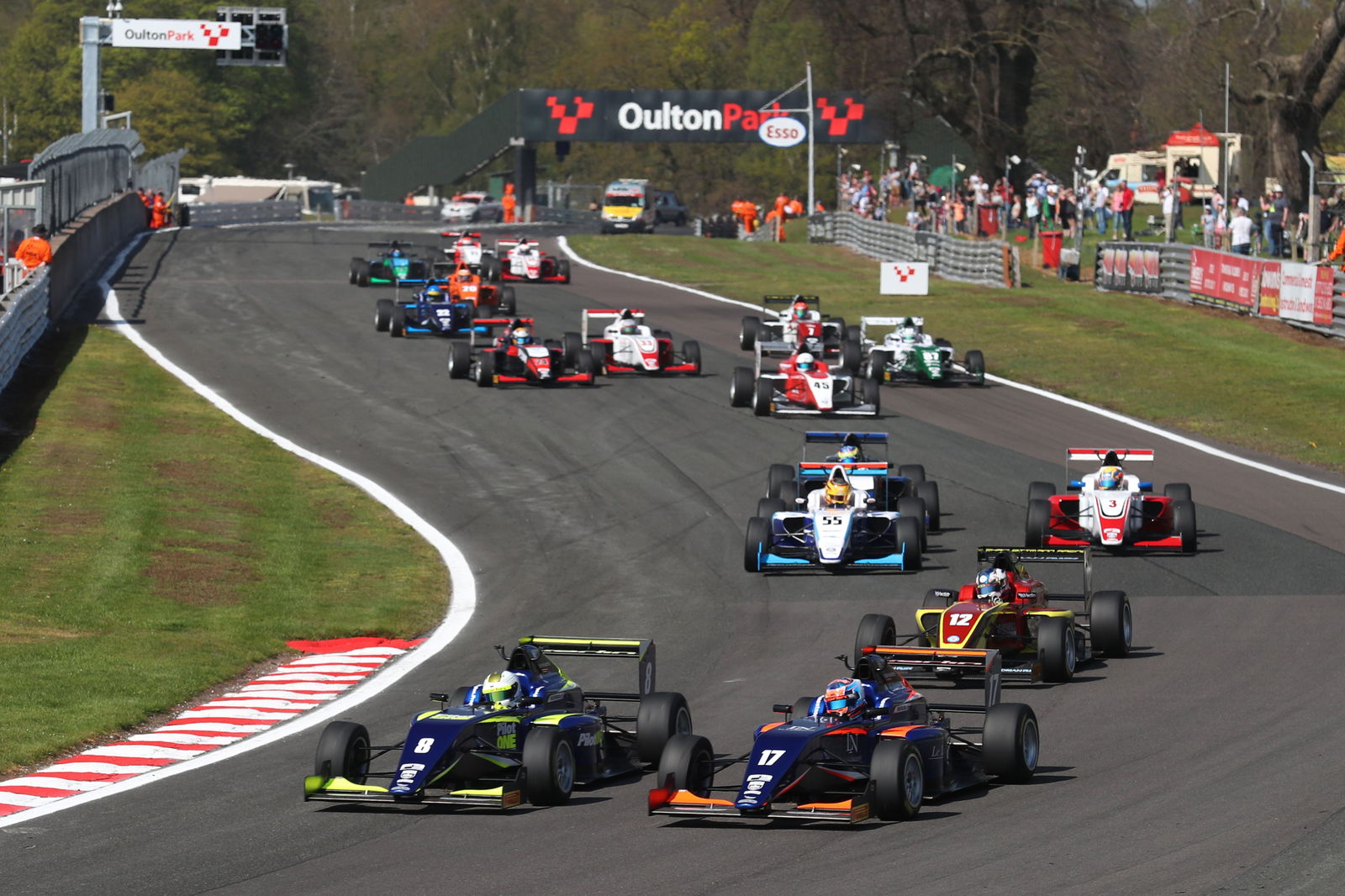Could motorsport really run behind closed doors?
As the coronavirus pandemic strips back the worldwide motorsport calendar, one left-field solution offered has been to run events without spectators and while any racing is better than no racing even that idea remains out of reach.
Running sporting events without fans, or behind closed doors which has become the all-encompassing term, has been a long-held temporary solution in other sports for a variety of reasons.

As the coronavirus pandemic strips back the worldwide motorsport calendar, one left-field solution offered has been to run events without spectators and while any racing is better than no racing even that idea remains out of reach.
Running sporting events without fans, or behind closed doors which has become the all-encompassing term, has been a long-held temporary solution in other sports for a variety of reasons.
From punishments, sanctions and most recently the safety calls during the coronavirus outbreak, numerous football matches have been played in empty stadiums to provide an eerily quiet setting to carry out the fundamental task of completing a fixture.
Formula 1 joined in, as initially it planned to run the Bahrain Grand Prix behind closed doors until the coronavirus crisis worsened to postpone the entire event.
For a while it appeared a popular solution, thanks to the benefit of television and radio being able to broadcast live to the fans unable to see the action with their own eyes, but the solution became short-lived as the spread of the coronavirus meant stronger prevention methods were required. That has led to the situation sport is enduring the world over with effectively all events cancelled for the foreseeable future.
Gradually motorsport is also facing the same prospects as series organisers analyse how it can coordinate races in the safest possible way and within health authority guidelines.
The safety of fans, teams, participants and officials will always remain paramount despite the frustration at seeing the 2020 motorsport season decimated by cancellations on a daily basis.
But at the same time it only requires simple economics to understand that without events, sports like F1 and MotoGP will go out of business, in the same way the leisure and hospitality industry is being crippled and needing financial crutches from national governments.
To borrow a phrase from The Guardian’s Jonathan Liew, ‘of all the things that don’t matter sport matters most of all’. It explains why there is so much attention and coverage given to every fixture and event canned or delayed compared to when the local bank or hardware shop gets shut.
Which is why sport organisers have been looking at every avenue to get the show back up and running.
“We have a lot of possibilities and are considering everything but the main aim of the FIM, IRTA and Dorna is to maintain the championship,” MotoGP’s organising chief and Dorna CEO Carmelo Ezpeleta said.
Even holding races without fans?
“Everything is possible. The most important thing for us is to have any solution all together with everything,” he explained. “We say always that Dorna, in agreement with IRTA and FIM, is a company that makes races and this is our obligation despite any other things.
“For us it is more important than the economical side or whatever, it is to make races, I assure you with the collaboration with IRTA, the MotoGP, Moto2 and Moto3 team managers we will try to do as many races as we can.”
Aside from the Qatar Grand Prix, which was completed with only Moto2 and Moto3 due to travel bans, MotoE undertook a three-day test amid the developing coronavirus crisis on March 10-12 at Jerez.
The northern Italy travel ban was in place, which saw the withdrawal of the Sic58 squad, but the event was completed without issue albeit on a scale minuscule in terms of interest and economic clout compared to a full MotoGP race weekend.
Hosting races with no fans would obviously have drawbacks but nothing critical on a race by race basis. There have even been arguments put forward that races like the Qatar MotoGP already operate without a large enough fanbase.
What makes up for it is the sizeable television audience, and radio listeners but to a lesser extent in motorsport, which not only generates millions in revenue but also plants the sport in living rooms and bars all over the world.
Television companies pay eyewatering fees for the privilege to present the battles between Lewis Hamilton and Max Verstappen or Valentino Rossi against Marc Marquez.

The biggest loser in the case of racing behind closed doors would be the circuit hosting due to the zero income from ticket sales, merchandising and hospitality plus the local areas’ accommodation and catering businesses.
When it comes to Formula 1, race organisers pay huge sums just to host the sport with dizzying fees reaching $40m at the top end for the best billing slot.
It would be reasonable for sport organisers to slice off a chunk of the hosting fee, or supplement it by other financial resources, for it to get a circuit to host a race without fans – particularly those that attract six-figure attendances over a weekend.
One race here and there is viable but for a whole season a lot of cash would need to be found from somewhere at very short notice in a time of global economic uncertainty.
But what currently undoes this idea is what caused it in the first place.
Getting an international group of people from different corners of the globe to one venue within a tight time period, and for less than one week, simply isn’t possible under current coronavirus travel guidance.
It’s the main reason major races have been called off in areas were public events were permitted to take place, with fears of carrying and spreading COVID-19 into regions largely untouched by the virus. Just look at the fateful sequence of events which undid F1’s Australian Grand Prix. Nobody wants to repeat that.
So, from an international motorsport perspective racing behind closed doors financially, medically and logistically isn’t feasible in the same way as running the F1 Bahrain GP or Thailand MotoGP isn’t happening this weekend.
Depending on a nation’s health authority guidance, a national motorsport body could have more chance given the greatly reduced travel risks – which is why domestic footballing fixtures were played without spectators for a time during the coronavirus outbreak – but when taking non-essential journeys is discouraged and vital medical services are stretched by coronavirus measures, that opportunity remains out of reach.
For now, the best alternative is to work together by staying apart. Reducing the spread and infection rate of coronavirus through social distancing and self-isolation, as China is starting to achieve, demonstrates the quickest and most sensible route back to normality. Then running cherished motorsport events without fans remains an unlikely scenario but for a very different reason.



